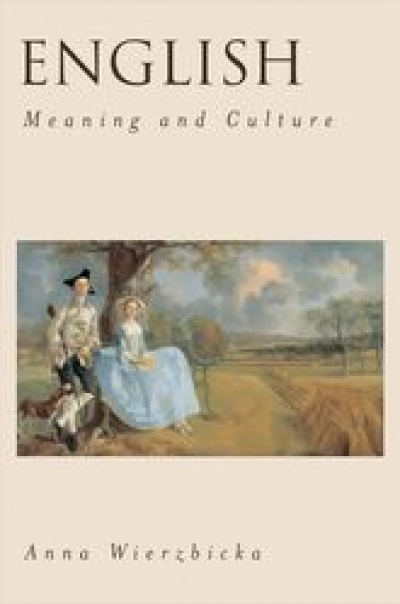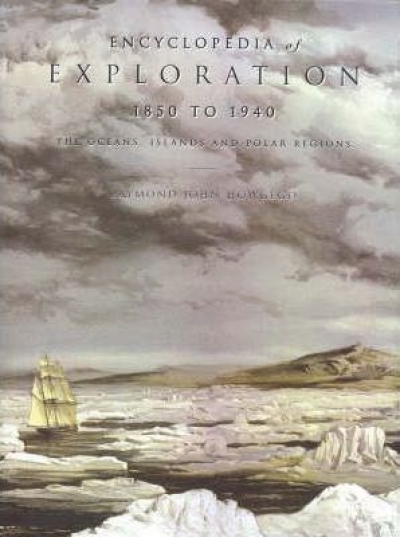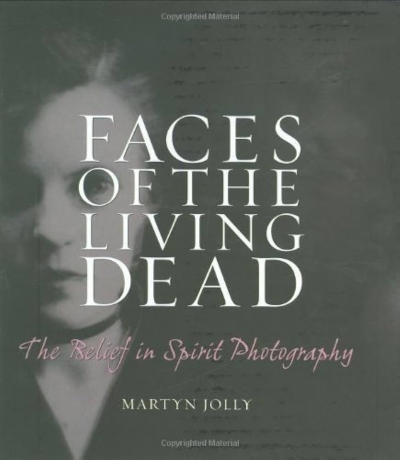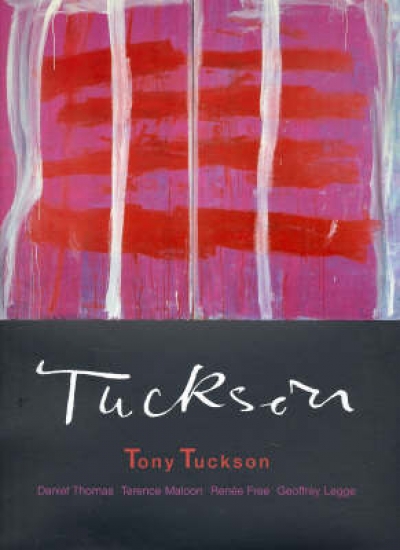Review
David Campbell: Hardening of the light: selected poems edited by Philip Mead
by Vivian Smith •
Encyclopedia of Exploration, 1850–1940: The oceans, islands and polar regions by Raymond John Howgego
by Ian Morrison •
Faces of the Living Dead: The belief in spirit photography by Martyn Jolly
by Isobel Crombie •
UTS Writers’ Anthology: Making Tracks edited by Melissa Bruce et al.
by Rebecca Starford •
Old Myths: Modern empires: power, language and identity in J.M. Coetzee’s work by Michela Canepari-Labib
by Gillian Dooley •
Ordinary People’s Politics: Australians talk about life, politics, and the future of their country by Judith Brett and Anthony Moran
by Mark Peel •
The Champions: Conversations with great players and coaches of Australian football by Ben Collins
by Dan Toner •








